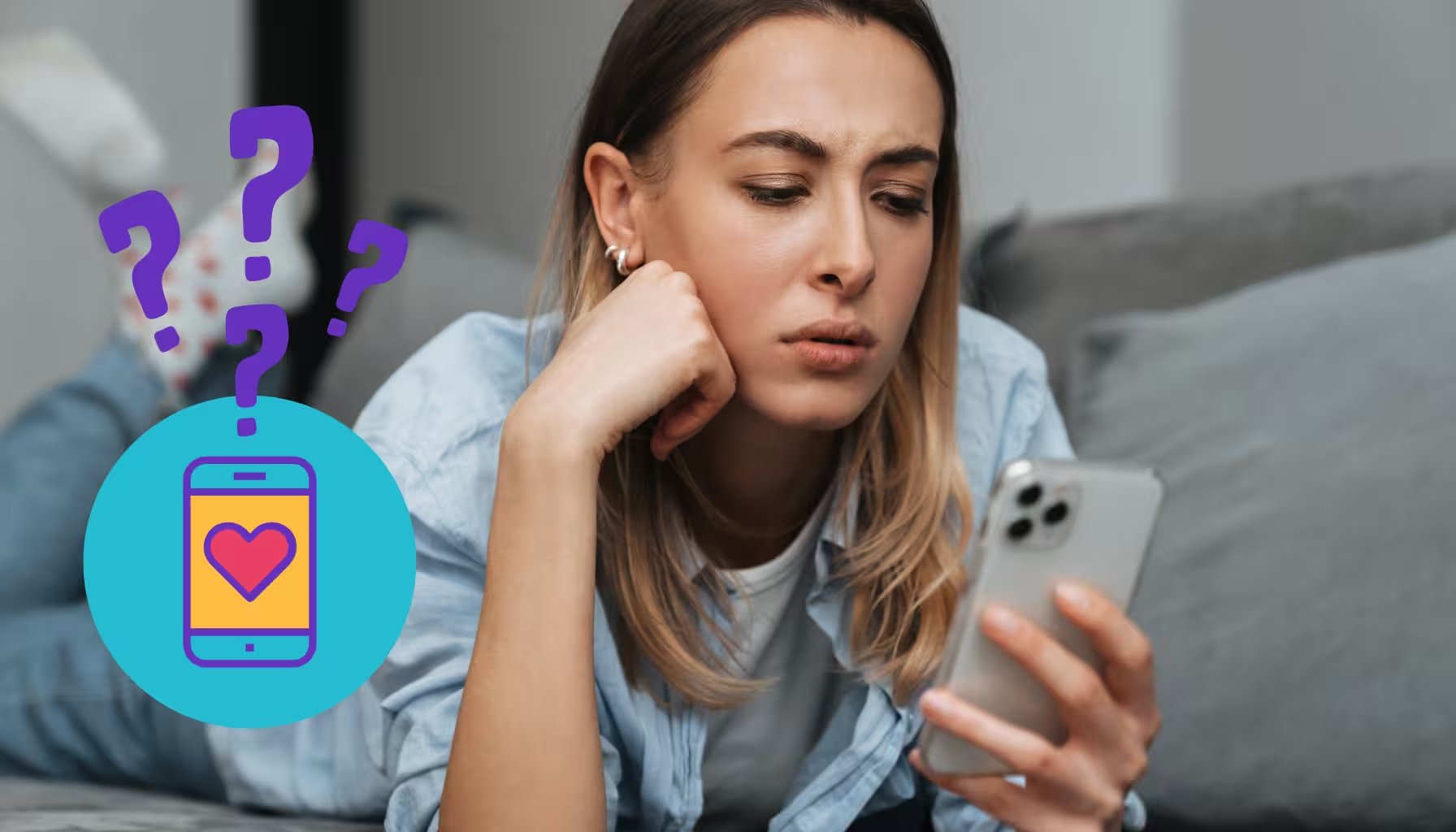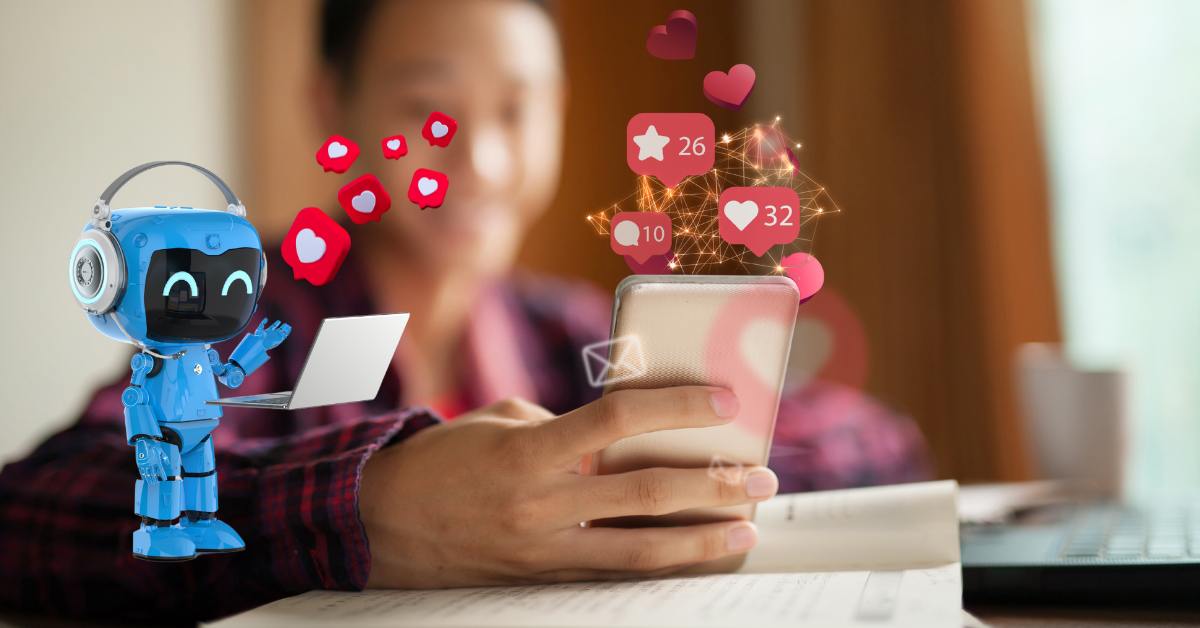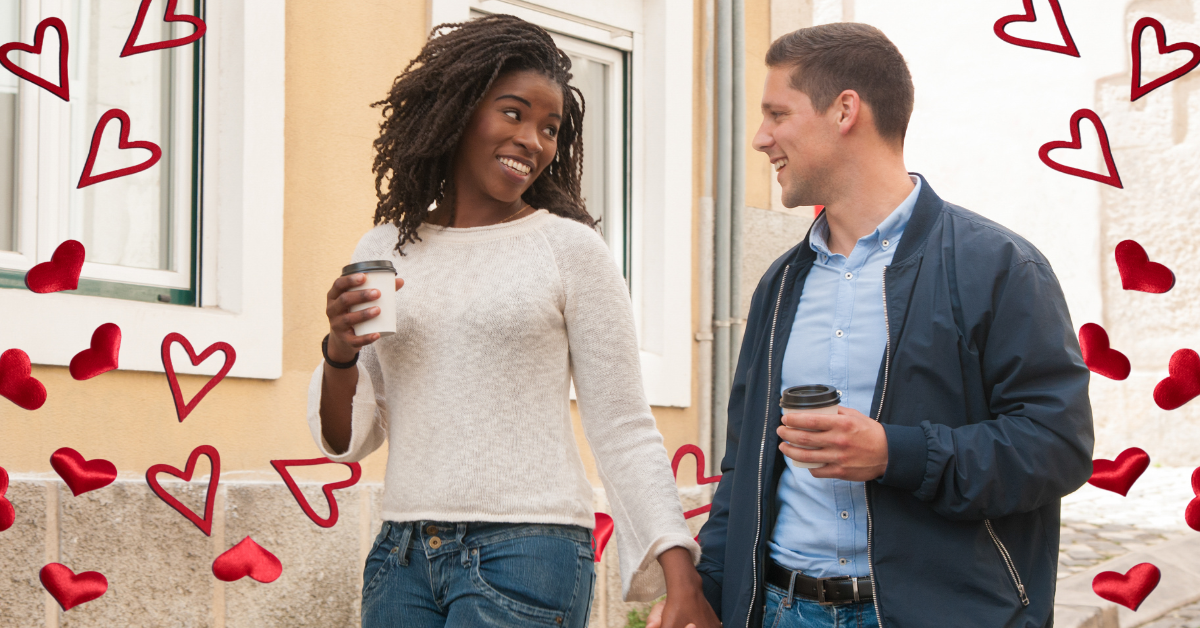During one of your late-night Instagram sessions, you are scrolling through, and you see a post from a college friend who just hard launched their new relationship. You met your last BF when it was still called Twitter (it’s now called X), and your bestie happened to find who they are currently dating on TikTok.
It’s not a freak coincidence or a one-off that all three of you connected with romantic partners via social media—it’s a very common occurrence!
Social media is a staple for anyone who has online romantic pursuits, and it plays a big part in how we meet and interact with potential partners.
Social media has undoubtedly made it so much easier to connect with people, but it comes with some iffy side effects. That’s why we are going to examine both sides of the social media coin and its role in modern dating–the perks and the pitfalls of using it in the search for love!
The Evolution of Dating through Social Media
Way back when, dating meant meeting someone by chance, through work, or through friends and family members. And while those methods of meeting people aren’t totally obsolete, they’ve certainly been pushed to the back of the line by the new way of connecting—social media.
Whether you are sliding into someone’s DMs on X or Instagram or swiping right on a dating app, social media has totally changed the dating world!

Historical Context
Back in the day, dating was a pretty straightforward thing—people met at social affairs, bars, and clubs, via mutual acquaintances, or at work or school.
You’d see someone across the room, gather up the courage to approach them and chat them up, crossing your fingers and toes and hoping for the best. Letters (yes, actual letters) and phone calls were the main forms of communication if you wanted to keep in touch—there were no smartphones, so no texts.
Then, the internet happened. The early 2000s saw the emergence of online dating apps like eharmony and a few others that came on the scene. These platforms were the trailblazers at that time, offering a new way for people to meet based on compatibility algorithms.
All of a sudden, you could connect with potential partners that were outside your immediate social circle or through a friend of a friend. There was a stigma that surrounded online dating in the early days, but that began to recede as more and more successful romance stories came from these dating apps.
Fast forward to today—the age of social media. Platforms like Facebook, TikTok, Twitter, and Instagram all started as ways to stay connected with friends and share snippets of everyday life.
But it didn’t take very long for people to realize their potential for meeting new people and even dating. Facebook introduced features like “relationship status” and friend suggestions, subtly nudging people in the direction of using the platform for romantic connections.
The real deal, though, was the launch of mobile dating apps. Tinder, introduced in 2012, took the simple act of swiping left or right to an iconic status. It made finding a date as easy as flicking through a deck of cards, but instead of aces and eights, there are dating profiles.
Other apps like Bumble, Hinge, and Zoosk followed suit, each providing their own spin on the dating experience. These platforms have normalized online dating to the point where meeting someone through an app is just as common and accepted as meeting through friends or at a bar!
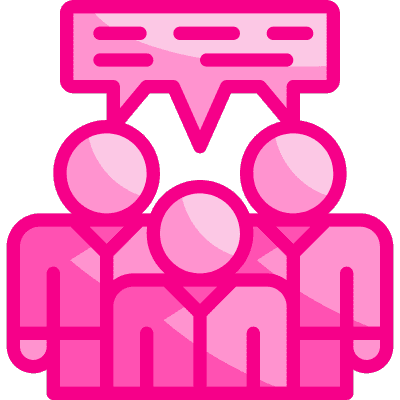
Transformation in Communication
Social media hasn’t just changed where we meet potential romantic partners; it’s also transformed how we communicate with them. Gone are the days of waiting anxiously by the phone for a call. Now, we can just fire off a quick message or emoji to show we are interested in someone.
Before social media, getting to know someone involved a lot of face-to-face interaction. You’d go on dates, talk on the phone, and spend time together in person.
Today, much of the getting-to-know-you phase happens online. You can learn a lot about someone from their social media profiles—their interests, their friends, their sense of humor.
But beware, as this is both a blessing and a curse. On the one hand, it’s so much easier to find common ground and start chats. But on the other hand, it’s way too easy to make snap judgments and assumptions based on a carefully curated online persona.
Messaging apps and social media platforms have also changed the entire pace of romantic relationships. With instant messaging, people can stay in constant contact. This can create a sense of intimacy really quickly—sometimes too quickly.
Sometimes, you can misinterpret text messages or read too much into a delayed response. The lack of non-verbal cues and inflection in text communication can turn into unnecessary misunderstandings in a flash, which we don’t love.
Moreover, social media introduces a new level of visibility into our dating lives. Posting pictures and relationship updates is a cute way to share your happiness with the world, but it also opens up your relationship to all types of public scrutiny, especially if you have a big social media presence or have a lot of followers.
The pressure to present a perfect relationship online is a lot to handle, and it’s pretty common for people to compare their relationships to the seemingly “perfect” ones (FYI, there is no such thing as perfect) they see on social media platforms.
The shift from face-to-face interactions to digital conversations has also impacted the way we handle conflict and misunderstandings. In person, it’s less difficult to gauge someone’s emotions and intentions—they’re right in front of you! Online, a lot can get lost in translation.
Benefits of Social Media in Modern Dating
Social media has become an integral part of how we date today. From finding potential matches to staying connected with partners, it offers a ton of advantages. Let’s examine the pros of using social media in the dating world!

Accessibility and Convenience
One of the most noticeable benefits of social media in modern dating is the ability to meet a wide array of people. Before social media, your dating options were limited to people you knew personally or through friends and family.
Now, with dating apps like Tinder, Bumble, and OkCupid, you can connect with thousands of potential partners at the flick of a finger.
This broad access particularly benefits those in smaller communities or with niche interests.

Convenience of Connecting with People from Different Geographical Locations
Social media has also revolutionized the way we handle long-distance relationships. Before the internet, maintaining a long-distance relationship required a lot of effort and often felt isolating. Now, couples can stay connected through various social media platforms, making the distance feel much less, well, distant.
Platforms like Snapchat, Facebook, Instagram, and WhatsApp allow couples to share their lives in realtime, sharing everyday moments with one another despite being far apart. This constant flow of communication makes it easier to stay emotionally connected and supportive of one another.

Better Communication Tools
Social media has introduced a variety of multimedia tools that make communication richer and more engaging. Instead of relying solely on text messages, couples can now share photos, videos, and voice messages. This variety adds a personal touch to interactions and makes them feel more genuine and immediate.
For instance, sending a quick Snapchat or a video message can show emotions and nuances that words alone might miss. These multimedia interactions make convos more dynamic and can help strengthen the emotional connection between partners.

Real-Time Communication and Instant Messaging
Instant messaging is another game-changer in the realm of modern dating. The ability to have real-time conversations means that you can maintain a continuous dialogue with your partner throughout the day. This constant contact helps build a sense of presence and support that is so important in maintaining a strong relationship.
Moreover, the immediacy of instant messaging allows for quicker resolution of misunderstandings and conflicts. Rather than waiting for a face-to-face meeting to discuss an issue, couples can address concerns as they happen, preventing them from escalating into larger problems!

Detailed Dating Profiles
One of the standout features of social media and dating apps is the detailed profiles they allow users to create. These profiles go beyond basic information, enabling users to share a wide range of personal details, interests, and aspects of their lifestyles.
This can include everything from favorite movies and music to hobbies, travel experiences, and personal values. Such comprehensive profiles offer a more nuanced picture of potential partners, making finding common ground and starting meaningful conversations so much easier.
These detailed dating profiles help users get a better sense of who someone is before deciding to connect. By seeing what activities and interests they share, users can make the best decisions about who they want to engage with and match with.
This pre-screening process can save time and reduce the number of mismatches, making the dating experience smoother and more enjoyable.

Better Chances of Finding Compatible Matches
The ability to share detailed info on dating profiles also levels up the chances of finding the most compatible matches! Advanced matching algorithms on dating apps (most of the mainstream platforms use them) analyze this info to recommend potential partners based on compatibility.
These algorithms take into consideration a lot of different factors, like interests, personality traits, and relationship goals, to make the most accurate match suggestions when it comes to compatibility.
For instance, seeing a potential partner’s fave books or what they like to do on the weekend in terms of activities can give singles instant, baked-in conversation starters and highlight common or shared core values.
This targeted approach not only improves the likelihood of finding a great match but also makes the whole dating experience better by connecting people who are more likely to have a successful relationship!
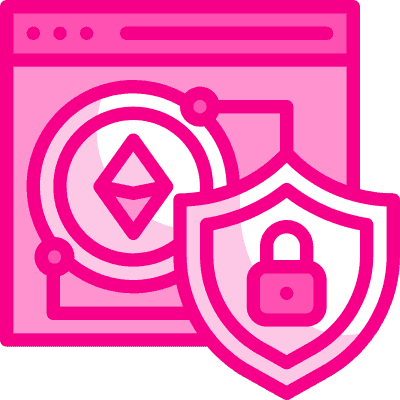
Safety and Control
Safety is one of the biggest concerns in online dating, and social media platforms have integrated strong features to address and tackle this issue.
Users can block or report people who exhibit inappropriate or harmful behavior, creating a safer environment for everyone. These features are essential for maintaining respectful interactions and protecting users from harassment.
Platforms like Tinder, Bumble, and others have made it simple to block unwanted contacts or report suspicious activity. This level of control empowers users to manage their interactions and verifies that they can engage with others in a secure and respectful manner.
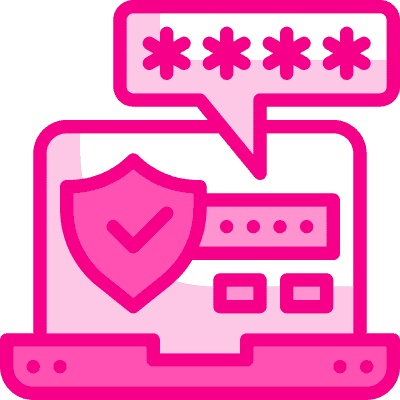
Increased Privacy Settings to Manage Online Presence
Privacy settings on social media and dating apps offer users the ability to control their online presence carefully. Users can decide who can see their profiles, posts, and personal information, ensuring that their privacy is protected while they navigate the dating landscape.
These settings allow users to share personal details selectively, making them visible only to trusted connections or specific groups.
For example, you can set your dating profile to be visible only to people within a certain age range or geographical area. This helps users feel more comfortable and secure while interacting online, reducing the risk of oversharing or exposure to unwanted attention.
By leveraging these privacy settings, users can create a dating experience that is both safe and enjoyable, allowing them to focus on building genuine connections without worrying about privacy concerns.
Downsides of Social Media in Modern Dating
There’s no debate that social media has changed the way we date, mostly for the better! But that doesn’t mean it doesn’t bring a few downsides along for the ride.
From misrepresentation to over-reliance on digital communication, these pitfalls can impact the quality of our romantic relationships.

Misrepresentation and Deception
One of the most concerning aspects of social media in modern dating is the prevalence of fake profiles and catfishing.
Creating a false online identity is relatively easy, and this can lead to significant deception. People may fabricate details about their lives, use outdated or heavily edited photos, or even assume entirely false identities. This deception can lead to emotional harm and distrust when the truth eventually comes to light.
The anonymity afforded by social media platforms can embolden people to show an idealized version of themselves that is far from reality. This false representation tends to end in disappointment and can cause long-term emotional scars and trust issues. As users invest time and emotions into these interactions, the eventual revelation of the truth can be devastating.

The Pressure to Present an Idealized Version of Oneself
Social media inherently encourages users to showcase the best aspects of their lives. This pressure to present an idealized version of oneself can spill over into the dating world.
People usually feel the need to curate their profiles meticulously, only highlighting their best moments and hiding any perceived imperfections. This creates unrealistic expectations and can make genuine connections more difficult to establish.
An over-curated portrayal can lead to a mismatch between online personas and real-life personalities, causing issues when people meet IRL. The disparity between the idealized online image and the real person can turn into disappointment and even a sense of betrayal, which can undermine the foundation of trust that is needed for a healthy relationship.
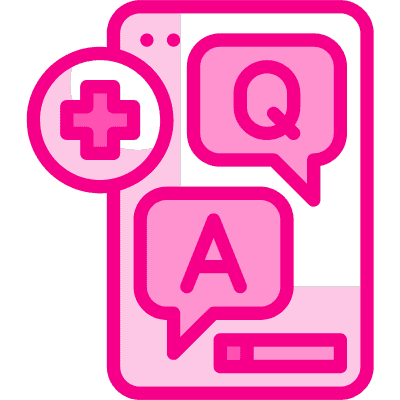
Over-reliance on Digital Communication
Another significant downside of social media in modern dating is less face-to-face interactions. While it’s convenient to communicate through text, photos, and videos, these forms of communication lack the depth and nuance of in-person interactions. Non-verbal cues, like body language and facial expressions, play a big role in building emotional connections and understanding between partners.
The convenience of digital communication can cause over-reliance on these methods, which may hinder the development of deeper, more meaningful relationships.
In-person interactions are important for creating and building trust and intimacy; without them, relationships may remain superficial and less fulfilling. The lack of physical presence can also make it easier to misinterpret messages, causing misunderstandings and conflicts.

Misinterpretations and Misunderstandings Due to Lack of Non-verbal Cues or Verbal Inflection
Text-based communication is limited in how it can convey tone, emotion, and context. This causes frequent misinterpretations and misunderstandings, as it’s hard to grasp the actual intent behind a message without accompanying non-verbal cues.
For example, a joke or sarcastic remark might be taken seriously, or a neutral statement could be perceived as negative or hostile.
These misunderstandings can strain relationships, especially in the early stages when partners are still getting to know each other. The lack of verbal inflection and physical cues in text messages can make it difficult to resolve conflicts effectively, often exacerbating small issues into larger disagreements.
This can ultimately hinder the development of trust and intimacy, which are non-negotiables for a happy and healthy relationship!

Impact on Mental Health
Social media is known to cause increased anxiety and stress for those who are doing the whole online dating thing. The pressure to craft and uphold an attractive online persona can be stressful, possibly causing obsessive behavior like constantly checking for messages or overanalyzing any responses.
This constant vigilance is mentally taxing and creates a cycle of stress and anticipation. The fear of missing out (FOMO) and the fleeting nature of online interactions also contribute to these feelings, making the digital dating experience emotionally exhausting for some.

Comparison Culture and Its Effect on Self-Esteem
Social media has always encouraged a culture of comparison, where users constantly measure their lives against the curated highlights of others. In the context of dating, this can manifest as comparing one’s relationship status, physical appearance, or romantic success to those showcased online.
This relentless comparison tends to diminish self-esteem and bring about feelings of inadequacy. The exposure to seemingly “perfect” relationships and attractive people creates unrealistic standards, and can turn into dissatisfaction with one’s own dating experiences and possibly feelings of deceased self-worth.

Privacy Concerns
Sharing personal info on social media comes with some pretty substantial risks, especially in online dating. Profiles usually include sensitive details like full names, locations, and preferences, which can be exploited if accessed by those who have malicious intent.
This kind of information might be used for identity theft, harassment, or stalking. Even well-intentioned sharing can unintentionally expose personal details to strangers due to the public nature of social media profiles.
Users need to be very cautious about what they share and make sure they understand and use the available privacy settings to safeguard their info.

Possibility for Data Breaches and Misuse of Info
The threat of data breaches is a major concern for social media and online dating platforms. These platforms often store extensive personal data, making them prime cyberattack targets.
Unauthorized access to sensitive information during data breaches results in personal and financial harm. Moreover, there is always the risk of platforms misusing the collected data, such as selling it for targeted advertising without users’ consent.
This potential misuse illustrates the importance of understanding privacy policies and being super vigilant about the data shared online.
Balancing the Benefits and Pitfalls
Social media has undeniably transformed the landscape of modern dating, giving us so many new opportunities for connection and communication.
However, with these advantages come certain challenges that can impact mental health and privacy. To reap the benefits while mitigating the risks, it’s important to adopt best practices for safe online dating and keep a healthy perspective on digital interactions!

Best Practices for Safe Online Dating
Traversing the world of online dating requires a mindful approach to make sure you stay safe and genuine at the same time—it’s a balancing act.
Below are 10 tips to help you build a secure and real online presence, as well as why it’s important to verify dating profiles you interact with and, from there, take things slow!
- Be Honest in Your Dating Profile: Authenticity is the main thing! Show yourself accurately in your photos and descriptions to attract those who will be interested in you for who you are.
- Use Recent Photos: Make sure your photos are current and show your actual appearance—don’t over-filter. This builds trust and prevents disappointment during IRL meetings.
- Protect Personal Info: Never share sensitive details like your home address, phone number, or financial information. Keep your personal life safe and secure until you really trust the person you are matched with.
- Verify Dating Profiles: Use reverse image searches on Google or social media cross-references or a tool like Social Catfish to verify the authenticity of a dating profile. This can help spot fake profiles, scammers, or catfishers.
- Communicate on the Platform: Use the dating app’s messaging system, and do not move to personal communication tools before you are ready.
- Take Things Slow: Don’t rush into sharing personal details or meeting in person. Build a rapport and trust gradually through text, use video call features, and go on a few virtual dates.
- Trust Your Instincts: If something feels off, it probably is. Don’t ignore red flags or gut feelings about a person’s behavior or intentions.
- Plan Safe Meetings: If and when you do finally decide to meet in person, pick a public place and let someone know where you’ll be. Drop them a pin and use your own transportation to make sure you can leave if you want to.
- Keep Conversations Balanced: Make sure that conversations are a give-and-take. It could be a red flag if the person is only asking about you and not sharing anything about themselves.
- Use Strong Passwords: Protect your dating app account with strong, unique passwords to prevent possible hacking and unauthorized access.
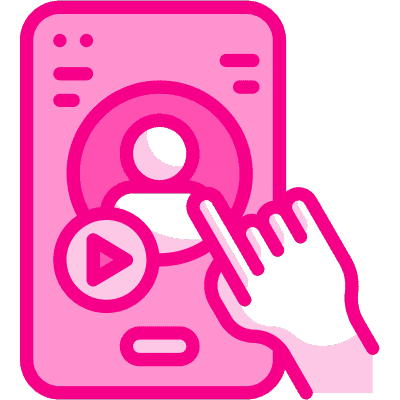
Importance of Verifying Profiles and Taking Things Slow
Verifying dating profiles is a way to make sure that the person you are talking to is who they say they are! Tools like Google’s reverse image search can tell you if a profile picture has been used elsewhere on the internet, indicating a potential fake profile.
Taking things slow allows time to build trust and guarantees that the relationship is based on actual interest and compatibility rather than rushed or impulsive decisions.
It also gives you the chance to suss out any inconsistencies or red flags that could show they are being deceptive or lying.

Keeping a Healthy Perspective
Yes, online dating is fun and exciting, but you have to even it out with real-life things! Over-reliance on digital interactions can hinder the development of stronger, more meaningful connections.
Make the time for offline activities and hobbies that spark joy—this balance allows you to keep a healthy perspective so that online dating does not become all-consuming.
Having face-to-face interactions whenever you can does wonders for relationships—virtual connections can only go so far!
Meeting IRL allows for a fuller understanding of each other through body language and real-time reactions. Plan things that both of you like to do to strengthen your bond beyond the digital world.
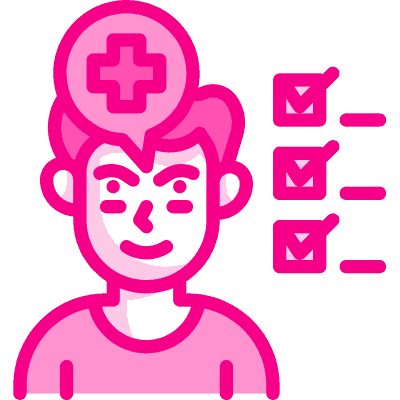
Being Mindful of Mental Health and Taking Breaks When Needed
Online dating can sometimes be a little bit too much, and it can cause increased anxiety and stress levels. It’s important to be mindful of your mental health so you know when it’s time for a break!
Set some boundaries for your online dating activities, like limiting the amount of time you spend on dating apps or taking regular breaks from them altogether. Digital detoxes are good for the soul!
Practicing self-care and mindfulness will help you manage the emotional ups and downs of online dating.
Do things that promote relaxation and mental well-being, like exercise, meditation, or spending time with friends and the people you love. Taking breaks from online dating allows you to recharge and come back to it with a fresh perspective.
Conclusion
The benefits of social media and the role it’s played in dating are tried and true—there are so many people who have met their significant others on social platforms!
And we aren’t being ungrateful when we point out the pitfalls that accompany the perks; they’re just the necessary evils that usually come with anything.
The trick is to know what they are and be smart about what you put out there for the world to see!
